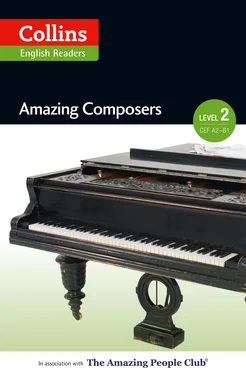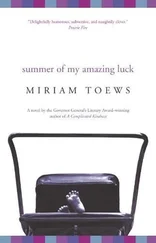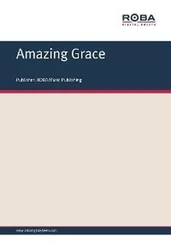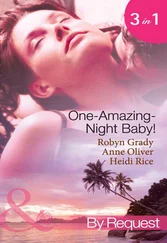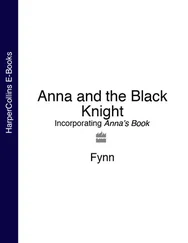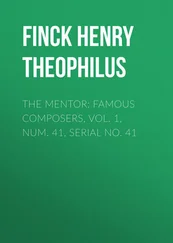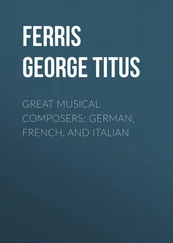When I arrived at Saint Michael’s, I was asked to join the school choir. This was an honour because the choir only accepted the most talented students. At weekends, I visited churches and listened to the finest German organ music.
After I left Saint Michael’s in 1703, I got a job in Weimar as a court musician, but the work was boring. However, I still gave performances in churches and people told me that I was a very good organist. As a result, I was soon employed as an organist for the people of Arnstadt. This position gave me a regular salary and I had time to compose my own music. Arnstadt was also close to my home town.
But I knew I needed to develop my talents. So I decided to leave Arnstadt for a short time to study with the famous organist Dieterich Buxtehude, in Lübeck. While I was there, I used the time to hear Buxtehude play as much as possible. I went to the evening concerts where his cantatas were performed.
When I arrived back in Arnstadt, I had a lot of new ideas which I started writing into my music. During this time, I also fell in love with a lady called Maria Barbara. We spent many hours together and soon we decided to marry.
I needed to earn more money because I wanted to get married and have children. So in 1707, I accepted a job as organist in Mühlhausen. There, I started making a collection of the best organ music. I also trained the choir and started a new orchestra. Our first performance, Gott ist mein König (God is my king), was given for the new Town Council.
A year later, I was asked by the Duke of Weimar to join his court chamber musicians. I accepted the job, and Maria and I moved to Weimar.
In 1714, the Duke appointed me as Director of Music. I had a good salary and my wife was happy in our new home. We decided to start a family, but unfortunately only four of our seven children survived infancy.
I made many good friends at Weimar. They included the scholar Johann Matthias Gesner. During this very busy and very creative time, I began to love Italian music. I spent many hours listening to the music of Vivaldi, Corelli and Torelli. I also wrote The Little Organ Book to help students who were learning to play the organ.
In 1717, I was offered the job of Director of Music by Leopold, Prince of Anhalt-Cöthen. I decided to accept the job and I told the Duke of Weimar I was leaving. But the Duke wasn’t happy and we argued. As a result, I was sent to prison for a month. It was a very cold and unhappy experience.
But I knew that I’d made the right decision. I was in charge of an orchestra of 18 men and I was paid a good salary at Cöthen. I also had time to compose music. The prince was a talented musician and we enjoyed playing together.
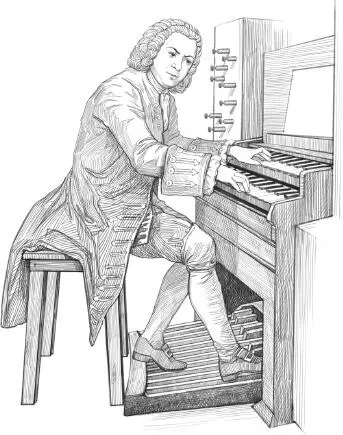
During my time in Cöthen, I wrote the Brandenburg Concertos and wrote six works for the cello. Life was good and the Prince often asked his orchestra to join him on his long journeys. But while I was travelling abroad with him I received some terrible news. My wife had died suddenly from an illness. I grieved for Maria Barbara very much and I was very unhappy. I also had to look after my children alone, so I didn’t have much time for my music.
The next year, Prince Leopold asked me to compose some cantatas to celebrate his birthday. Singers from nearby courts were invited to perform these works. One of them was a talented singer called Anna Magdalena, who was 19 years old. We fell in love, so I asked her to marry me. With Anna Magdalena I had thirteen more children, but only six of them survived infancy. I was lucky because Anna Magdalena was a wonderful mother to all my children.
In 1723, I was offered a new position as Director of Music at St Thomas’s School in Leipzig. I became Director of Music for the churches in the town, too. It was my job for the next 27 years. As well as teaching school subjects, I had to organize music for the town. I also had to teach students how to play instruments so they could perform in the orchestra. But there was still enough time to compose my music. During my time in Leipzig, I wrote my cantata cycles, violin and harpsichord concertos, and many other works.
In 1729, I was appointed Director of the Leipzig Collegium Musicum . Our group performed twice a week at Zimmermann’s Coffee House on Catherine Street. I continued to write music and wrote many of my masterpieces. These included the Canonic Variations and the Musical Offering and my Mass in B Minor . My last great work used all the skills I had learned as a composer – it was called The Art of the Fugue .
By now, I was becoming an old man. My hair had become grey and my eyesight was weak from working in bad light. I had two operations on my eyes. While I was recovering, I spent my last two months in a dark room. I used this time to finish a last Chorale Prelude . On 27 thJuly 1750, I woke up and I could see well again. But later that day, I suffered a stroke and I died that evening.
The Life of Johann Sebastian Bach
| 1685 |
|
Johann Sebastian Bach was born in Eisenach, Germany. He was the youngest of eight children. |
| 1694 |
|
Johann Sebastian’s mother died when he was 9 years old. |
| 1695 |
|
His father died soon after his mother. Johann Sebastian left Eisenach to live with his brother, Johann Christoph, in Ohrdruf. During that time, he studied, performed, copied music, and learned to play the harpsichord. |
| 1700 |
|
Johann Sebastian, aged 14, won a scholarship to study at Saint Michael’s School in Lüneburg. |
| 1703 |
|
Johann Sebastian graduated from Saint Michael’s School in Lüneburg and was appointed court musician in Weimar. After that, he worked as an organist in Arnstadt. |
| 1705 |
|
He went to study with the famous organist Dieterich Buxtehude, in Lübeck. He came back to Arnstadt the following February. |
| 1707 |
|
He married Maria Barbara Bach. They had seven children but only four of them survived infancy. Johann Sebastian accepted the position of organist in Mühlhausen. |
| 1708 |
|
He worked as organist and chamber musician for the Duke of Weimar. |
| 1714 |
|
Johann Sebastian was made Director of Music at Weimar. He began writing The Little Organ Book . He never finished it. |
| 1717 |
|
Johann Sebastian became Director of Music to Prince Leopold, at Cöthen. As a result of leaving his job with the Duke of Weimar, he was sent to prison for a month. |
| 1720 |
|
Johann Sebastian’s wife died while he was travelling with Prince Leopold. |
| 1721 |
|
He wrote the Brandenburg Concertos . Johann Sebastian also met and married Anna Magdalena Wilcke, a talented singer, at Cöthen. |
| 1723 |
|
Johann Sebastian was made Director of Choir and Music in the town of Leipzig. It was his job for the next 27 years. |
| 1727 |
|
He performed the St Matthew Passion and the Trauer Ode in the Thomaskirche. |
| 1729 |
|
Johann Sebastian became the Director of the Collegium Musicum. |
| 1733 |
|
He composed part of the Mass in B Minor . |
| 1747–1749 |
|
He began writing The Art of the Fugue , and also composed the Canonic Variations and the Musical Offering . His health and eyesight began to fail. |
Конец ознакомительного фрагмента.
Читать дальше
